The coronavirus illness (COVID-19) out of nowhere spread the world over along with data that is incorrect or unverified. It is an individual choice to breastfeed your infant. Numerous specialists promote the advantages of and reasons why ladies ought to consider breastfeeding solely for the initial a half year. In any case, during the COVID-19 pandemic, as a hopeful or new mother, you might be scrutinizing your choice to breastfeed. Will I unconsciously pass the infection to my infant while breastfeeding?
Here is the thing that you have to think about how to shield your infant and yourself from COVID-19 while breastfeeding.
Transmission of COVID-19 through Breast Milk
Individual to-individual spread is thought to happen through respiratory beads created when a tainted individual hacks or wheezes. There are restricted investigations on pregnant or baby blues ladies with COVID-19. A few specialists have discovered the nearness of coronavirus DNA material in breast milk, be that as it may, it is muddled whether this will cause disease in the newborn child, and late databases demonstrate that transmission from mother to baby is incredibly low contrasted with the remainder of the populace.
The extra examination should be directed to affirm these discoveries, however dependent on what's been believed to-date, we don't accept ladies should quit breastfeeding in dread of giving the infection to their kids.
Would I be able to breastfeed on the off chance that I am determined to have COVID-19?
UNICEF, the Academy of Breastfeeding Medicine, WHO, and the CDC express that thinking about the advantages of breastfeeding and the immaterial job of breast milk in the transmission of other respiratory infections, the mother can keep breastfeeding, while at the same time applying all the vital safety measures. There is restricted proof for the nearness of viral RNA in breast milk, while there is neither proof for dynamic infection in breast milk nor transmission by means of breast milk.
As of now, the essential concern isn't whether the infection can be communicated through breast milk, but instead whether a contaminated mother can send the infection through respiratory beads during the time of breastfeeding. Insurances to abstain from spreading the infection to your newborn child incorporate washing hands before holding your infant, and wearing a face cover when in close contact with your infant as during direct breastfeeding. Talk with your human services supplier on the off chance that you have questions or concerns.
Ongoing exploration has demonstrated the explicit advantages of giving breast milk applicable to the COVID-19 circumstance. Analysts in China and in the USA have as of late discovered antibodies against the new coronavirus in the milk of moms who had recently had COVID-19, further supporting the proposal to keep breastfeeding.
On the off chance that a new mother has COVID-19 and is too unwell to even think about breastfeeding or have been isolated from her infant for a while, would she be able to restart breastfeeding?
In the event that you have been isolated from your child for a while and breastfeeding has been intruded on, restoring lactation when you are along with your infant again is commonly conceivable and worth difficult regardless of whether arrival to full breastfeeding isn't generally reachable. The UNICEF UK rules can push you to restore your milk gracefully and keep breastfeeding. This is called re-lactation.
The WHO and UNICEF UK suggest the accompanying fundamental measures for the board of breastfeeding for re-lactation:
- Start activities to increment hormonal reaction, including a lot of skin-to-skin contacts, cuddling at the breast, and breast knead.
- Breast back rub and hand/siphon articulation (8-10 times in 24 hours) may help when isolated from an infant or in the middle of feeds
- The infant ought to nurse every now and again from the two breasts in any event 8-12 times in 24 hours, at any rate, 15 minutes on each breast. Consider night takes care of.
- Try having the infant likewise at the breast while siphoning.
- The infant ought to be very much joined to the breast for viable nursing and to stay away from areola injury.
- Monitor the child's stool and pee yield
- Contact an Infant Feeding Specialist to get extra direction and backing to restore your milk creation and control your child's development.
Advantages of Breastfeeding
Due to the numerous advantages of breastfeeding, including the insurance against different sicknesses, there are just uncommon exemptions when breastfeeding or taking care of communicated breast milk isn't suggested. Given the low paces of transmission of respiratory infections through breast milk, the World Health Organization expresses that moms with COVID-19 can breastfeed.
Breastfeeding offers numerous advantages including:
- Essential nourishment, which likewise offers some security against regular youth diseases and a superior endurance rate during the child's first year
- Very early skin-to-skin contact, and nursing that may have physical and enthusiastic advantages for the mother and child
- Reducing the hazard for certain unfavorably susceptible infections, asthma, corpulence, and type 2 diabetes
Security Measures for Breastfeeding with COVID-19
Ladies who are breastfeeding while wiped out with COVID-19 should play it safe to abstain from spreading the infection to her kid. While suggestions for safe breastfeeding are liable to change as more data is gained, the accompanying advances are emphatically prompted:
- Washing your hands much of the time. Hand cleanliness can be performed by washing with cleanser and water for in any event 20 seconds or utilization of liquor based hand sanitizer that contains 60% to 95% liquor.
- If communicating milk, wash hands before contacting the siphon or any jug parts.
- When conceivable, have a non-contaminated individual consideration for the child while recuperating from the disease.
- Wearing a face veil while nursing. In spite of the fact that it doesn't appear to be likely that the infection can be sent through breast milk, it tends to be communicated through viral beads discharged from your mouth or nose.
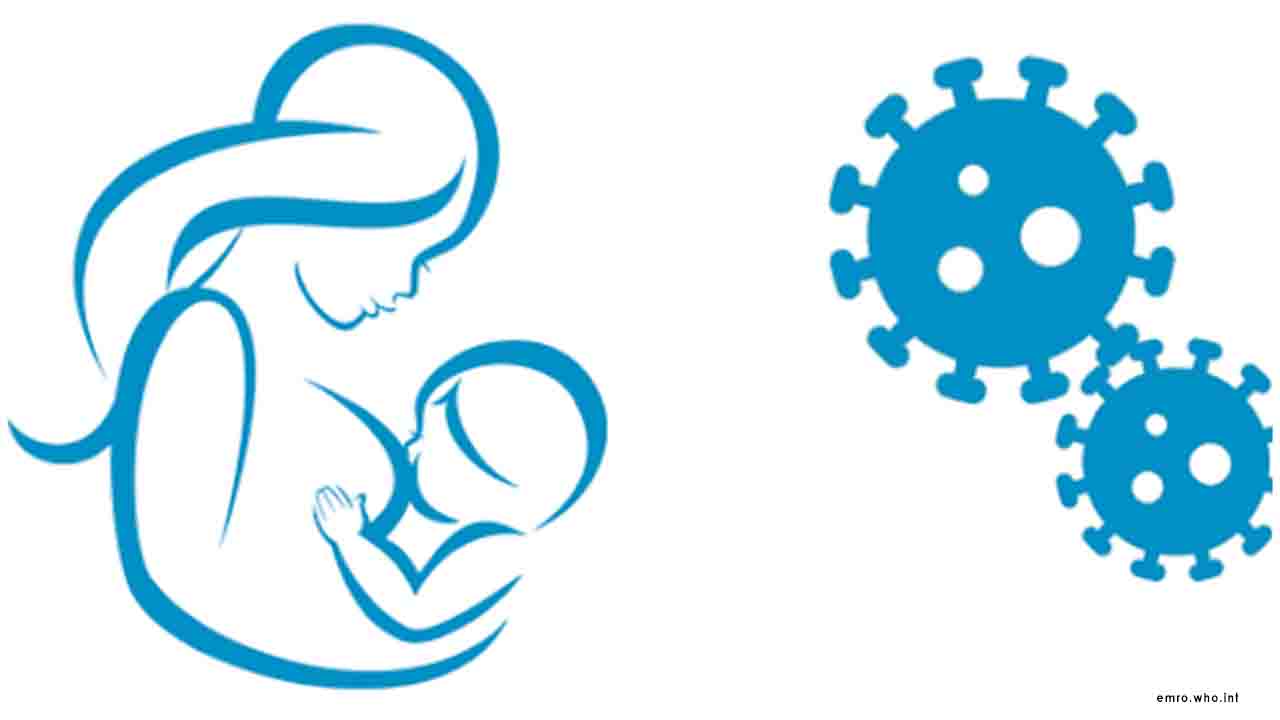
 Given the low paces of transmission of respiratory infections through breast milk, the WHO expresses that moms with COVID-19 can breastfeed.
Given the low paces of transmission of respiratory infections through breast milk, the WHO expresses that moms with COVID-19 can breastfeed.




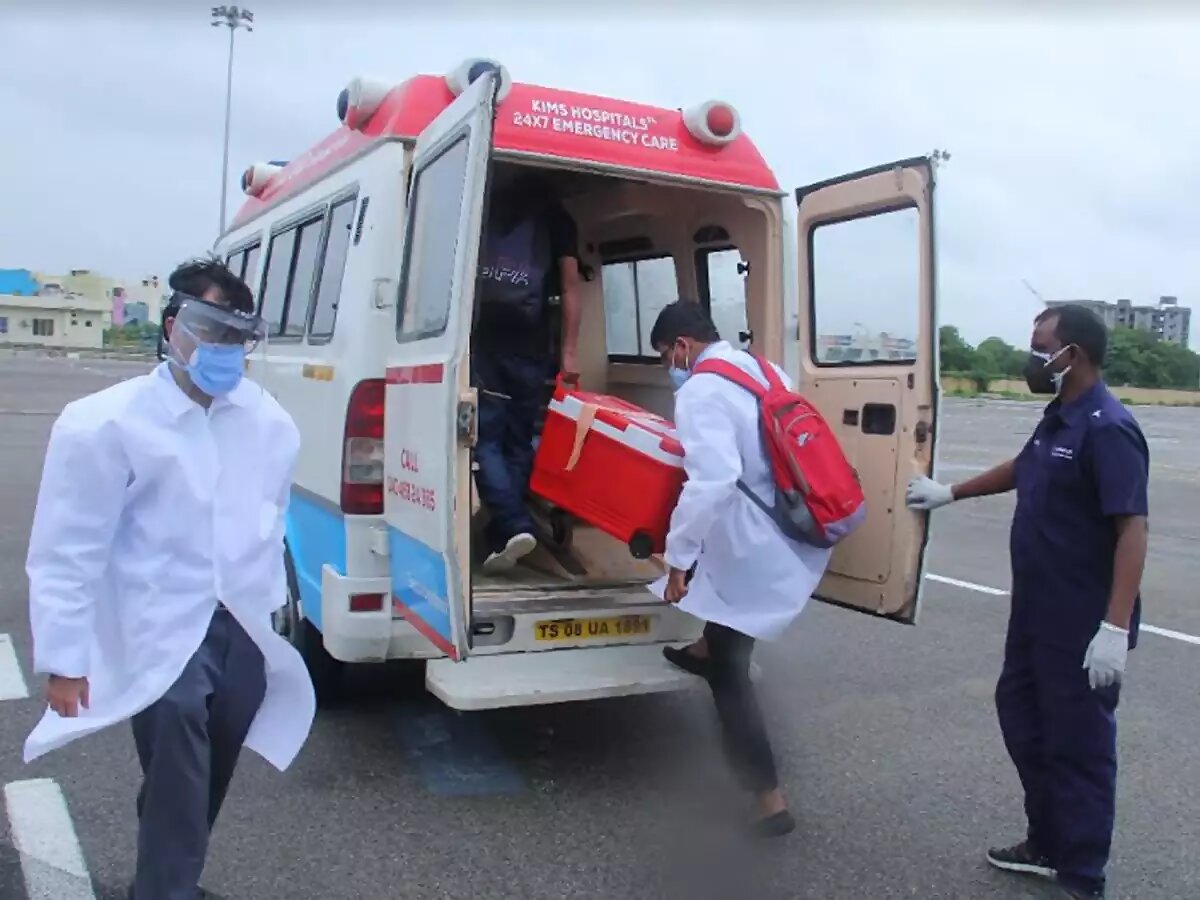
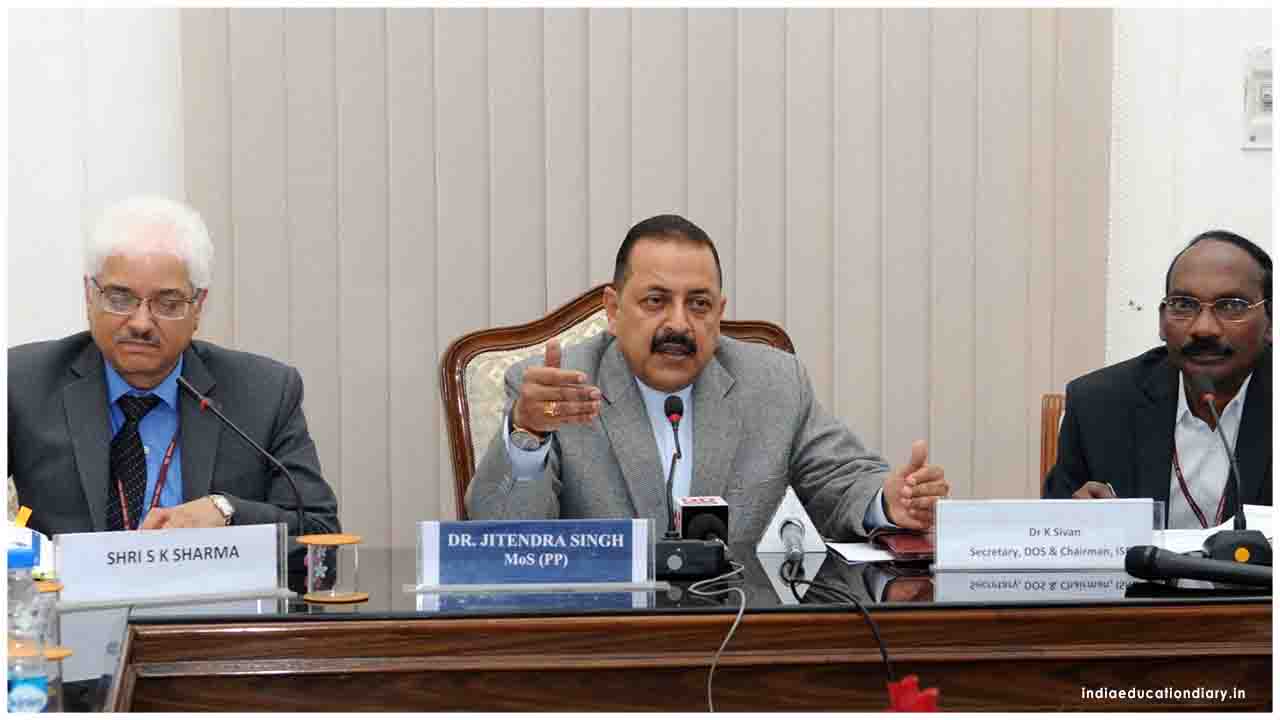




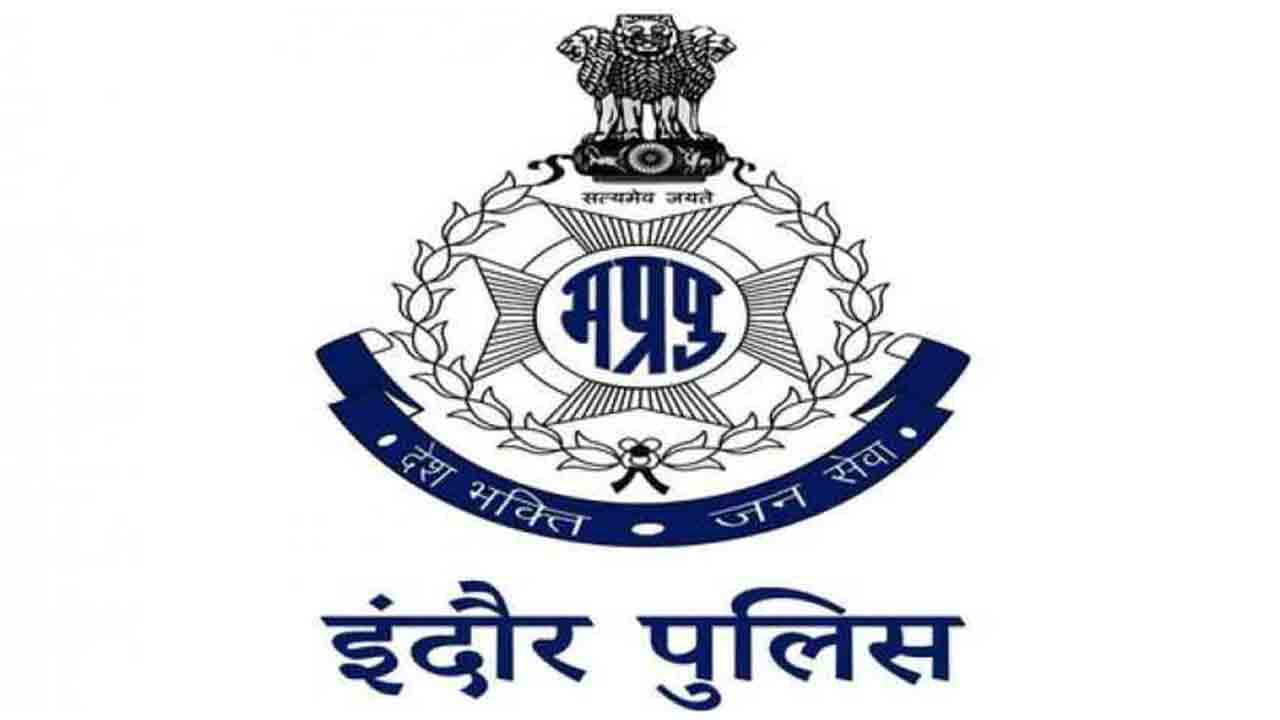

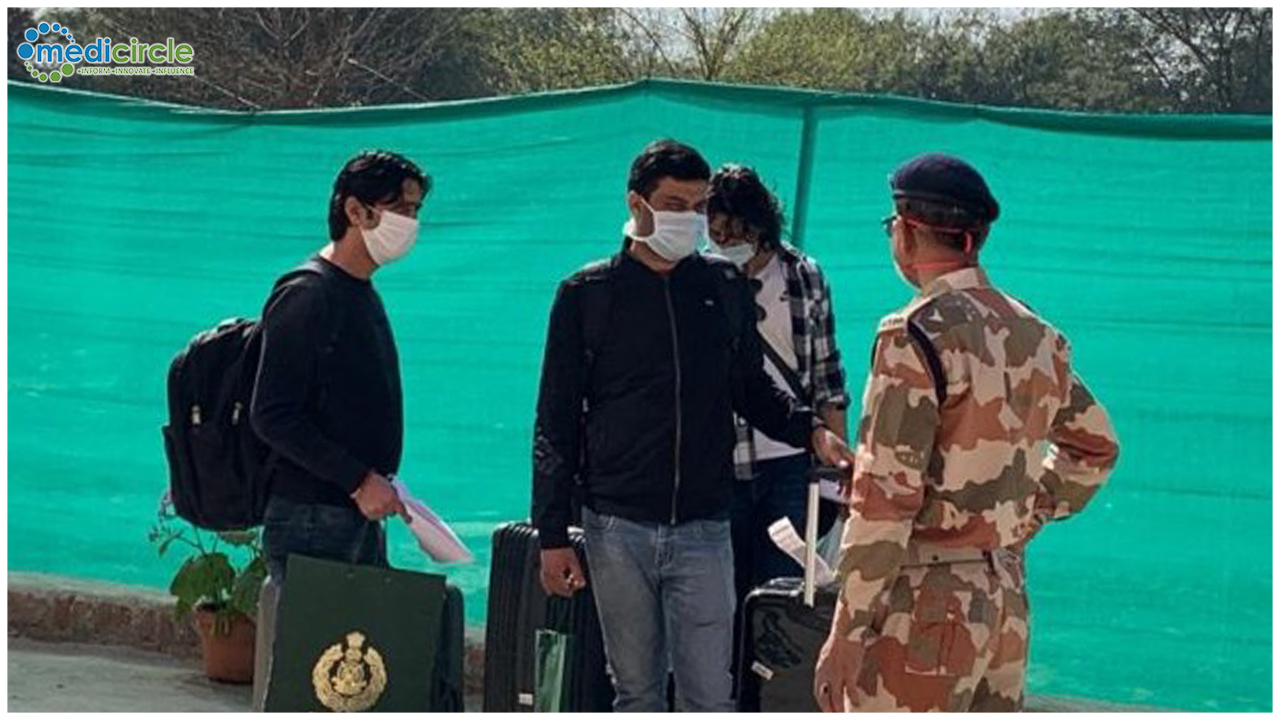






.jpeg)


.jpeg)



.jpeg)
.jpeg)






.jpeg)





